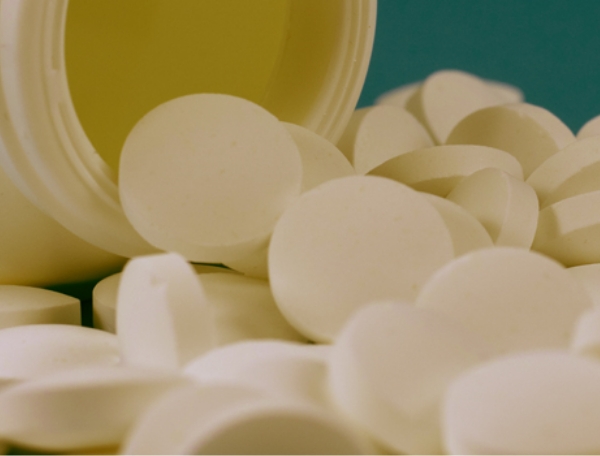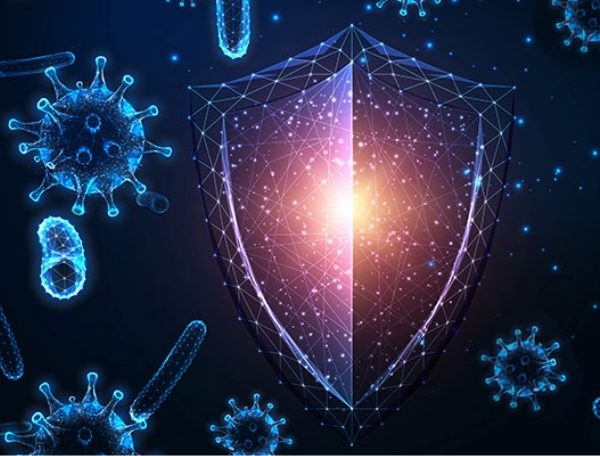


Clinical Research
Cancer cell type (seed) and tumor microenvironment (soil) control therapeutic antibody delivery and efficacy
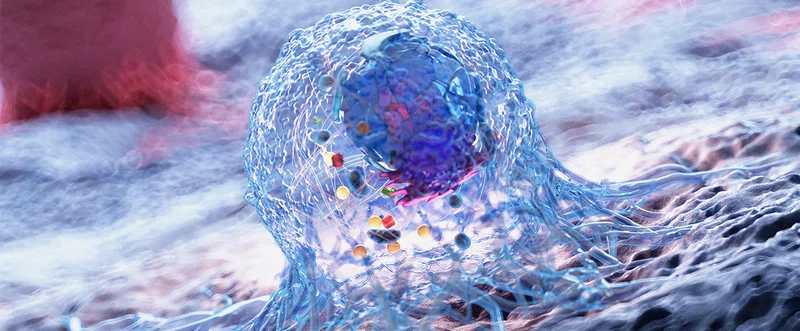
Cancer cell, illustration
The English surgeon Stephen Paget (1855-1926) was the first to propose the “seed and soil” theory of metastasis, according to which, cancer distribution during metastasis is not random or coincidental. His theory, which has been confirmed by numerous studies, suggests that metastasis is affected by the tumor microenvironment (TME), the organ microenvironment (soil), and the cancer type (seed).
Disparities exist between different cancer cells (seeds). Disparities also exist between how the TME interacts and communicates with the metastatic organs (soil). Together, these differences and communications determine where the tumor metastasizes. Tumor metastases cause most cancer deaths. Most malignant tumors show a preference for metastasizing to a specific organ. Conversely, some tumors like breast cancer metastasize to several different organs. Specifically, the chances of occurrence of breast cancer metastasis is 51-63% in the bone, 7-16% in the brain, 6-26% in the liver, and 17-30% in the lungs.
TME heterogeneities influence therapeutic efficacies as well as the delivery of systemic chemotherapeutics and immunotherapies. Notably, drug delivery-based therapeutic resistance comes into play when delivery of chemotherapeutics into cancer cells is below the threshold levels required for biological effect. Another case in point is the metastasized tumor’s poor response to immune checkpoint inhibitors (ICIs), which are anti-cancer drugs that bind to programmed death-ligand 1 (PD-L1) in a mechanism that leads to the killing of malignant cells in various cancers including breast cancer. This leads to limitations in chemotherapeutics, particularly breast cancer therapeutics.
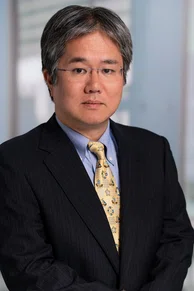
Kenji Yokoi, MD, PhD Associate professor of Nanomedicine
at Houston Methodist
Currently, the intricate heterogeneities that exist in the TME are poorly understood. It is critical to determine the factors controlling these heterogeneities to develop novel therapeutics and personalized therapies. Moreover, there is a lack of studies on ICI delivery to tumor cells and how it correlates with therapeutic efficacy. Toward this end, Kenji Yokoi, MD, PhD, associate professor of Nanomedicine at Houston Methodist, and his team members set out to examine the complexities of the TME-derived heterogeneities and better understand polyclonal cancer cells.
Human tumors and established cancer cell lines are composed of various genetically distinct clones with varying phenotypes. Based on this premise, Yokoi established single cell-derived clones (1 and 16) from 4T1 murine breast cancer cells and produced orthotopic primary and liver metastasis murine models. Using these models, Yokoi conducted experiments to test the hypothesis that the heterogenous response of tumors to ICI is associated with seed and soil-dependent variations in the amount of drug delivery. Tumor-bearing subjects were treated with anti-PD-L1 IgG or an isotype control antibody to assess PD-L1 expression, the therapeutic efficacy on tumor growth, delivery of therapy to tumors, development of blood vessels, accumulation of immune cells, and the amount of coagulation inside tumors.
Phenotypic in vivo therapeutic study and imaging analysis of tumors established from single-cell derived clones growing in different organs may elucidate the specific driving forces in creating a heterogenous response to anti-PD-L1 IgG therapy

Kenji Yokoi MD, PhD
Associate professor of Nanomedicine at Houston Methodist
Yokoi found clone-dependent variations in PD-L1 expression and immune cell (CD8, CD45, and F4/80) accumulation - with clone 16 having greater levels of both. Delivery of anti-PD-L1 IgG and therapeutic efficacy were, in turn, dependent on PD-L1 expression. Tumors derived from clone 16 received higher levels of therapy and demonstrated better responses, relative to clone 1-derived tumors. The parental cell-derived tumors demonstrated a correlation between the amount of anti-PD-L1 IgG accumulated into individual tumor and its growth inhibition effect.
Notably, Yokoi and his research group were the first to suggest a seed and soil-dependent variation in anti-PD-L1 therapeutic delivery and efficacy. Variations were even more pronounced in the liver metastases as compared to primary tumors. Interestingly, the clone-dependent variations in PD-L1 expression and anti-PD-L1 IgG delivery were also dependent on tumor location.
Using non-invasive fluorescently labeled anti-PD-L1 antibodies, Yokoi demonstrated a high antibody accumulation in tumors with high PD-L1 expression, and limited uptake in tumors with low or undetectable PD-L1 levels. Moreover, antibodies were preferentially distributed at the tumor periphery and not within the deeper tumor layers, whereas PD-L1 was expressed by the whole tumor. This highlights a significant limitation of antibody therapeutics owing to compromised transportation to the deeper tumor layers. Further, this challenges the notion of PD-L1 being a biomarker for the prediction of response to anti-PD-L1 immunotherapies.
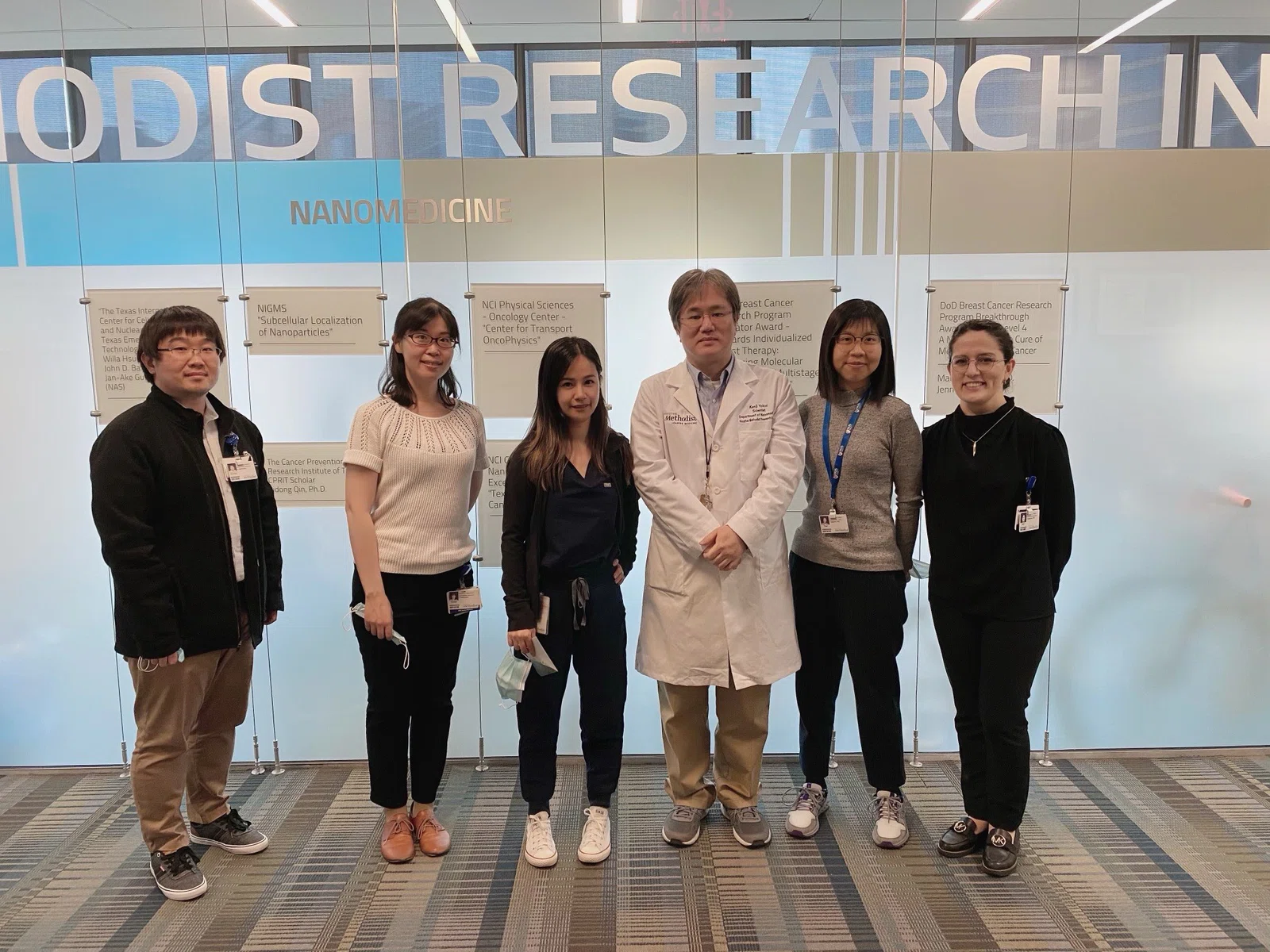
Left to right: Hirokazu Hashimoto, Chihiro Hashimoto, Yan ting Liu, Kenji Yokoi, Thao Nguyen, Aygul Sadigova
Several factors affect the delivery of antibody therapeutics to tumors. One critical factor is the degree of coagulation which can interfere with proper blood flow. Yokoi found a clone-dependent variation in fibrinogen levels with clone 1-derived tumors having higher expression levels as compared to clone 16 and parental cell-derived tumors. The amount of vasculature between these tumors, which can affect delivery of therapeutics, however, was not significant. To circumvent the blockages caused by coagulation and enhance the penetration of nanotherapeutics, a thrombolytic agent can be used to abate fibrin deposition and enhance tumor blood flow.
The immune microenvironment, PD-L1 expression, and tumor tolerance are some of the factors that regulate the efficacy of anti-PD-L1 therapeutics. In fact, the efficacy of anti-PD-L1 immunotherapy can be predicted by the extent of immune cell accumulation in the TME. For instance, a high density of CD8+ in the TME is associated with a survival benefit in gastric cancer patients with ovarian metastases. Yokoi revealed cancer cell type (seed) dependent and organ (soil) dependent variations in immune cell infiltration in the TME, which is positively correlated with anti-PD-L1 efficacy.
Taken together, Yokoi’s investigations emphasize that intricate intra- and inter- tumor heterogeneities exist that play critical roles in the interactions between the TME and the polyclonal tumors in metastatic organs. Further advanced studies are warranted to improve our understanding of these heterogeneities and shed light on the gaps in this challenging field.
In his recent research study published in Pharmaceutics, Yokoi stated, “Phenotypic in vivo therapeutic study and imaging analysis of tumors established from single-cell derived clones growing in different organs may elucidate the specific driving forces in creating a heterogenous response to anti-PD-L1 IgG therapy.”
Yokoi is currently engaged in ongoing studies on tumor tolerance and tumor immunosuppressive mechanisms and their dependence on the “seed” and “soil”, using additional clonal cell lines. In the near future, these findings and additional research may lead to new strategies to improve the efficacy and delivery of anti-PD-L1 IgG therapeutics.
.Yan Ting Liu, Shreya Goel, Megumi Kai, Jose Alberto Moran Guerrero, Thao Nguyen, Junhua Mai, Haifa Shen, Arturas Ziemys, Kenji Yokoi. Seed- and Soil-Dependent Differences in Murine Breast Tumor Microenvironments Dictate Anti-PD-L1 IgG Delivery and Therapeutic Efficacy. Pharmaceutics 2021 Apr 10;13(4):530. doi: 10.3390/pharmaceutics13040530.
Kenji Yokoi’s research was supported by the National Cancer Institute (UO1 CA244107 and U54 CA210181)
Abanti Chattopadhyay, PhD, September 2021






